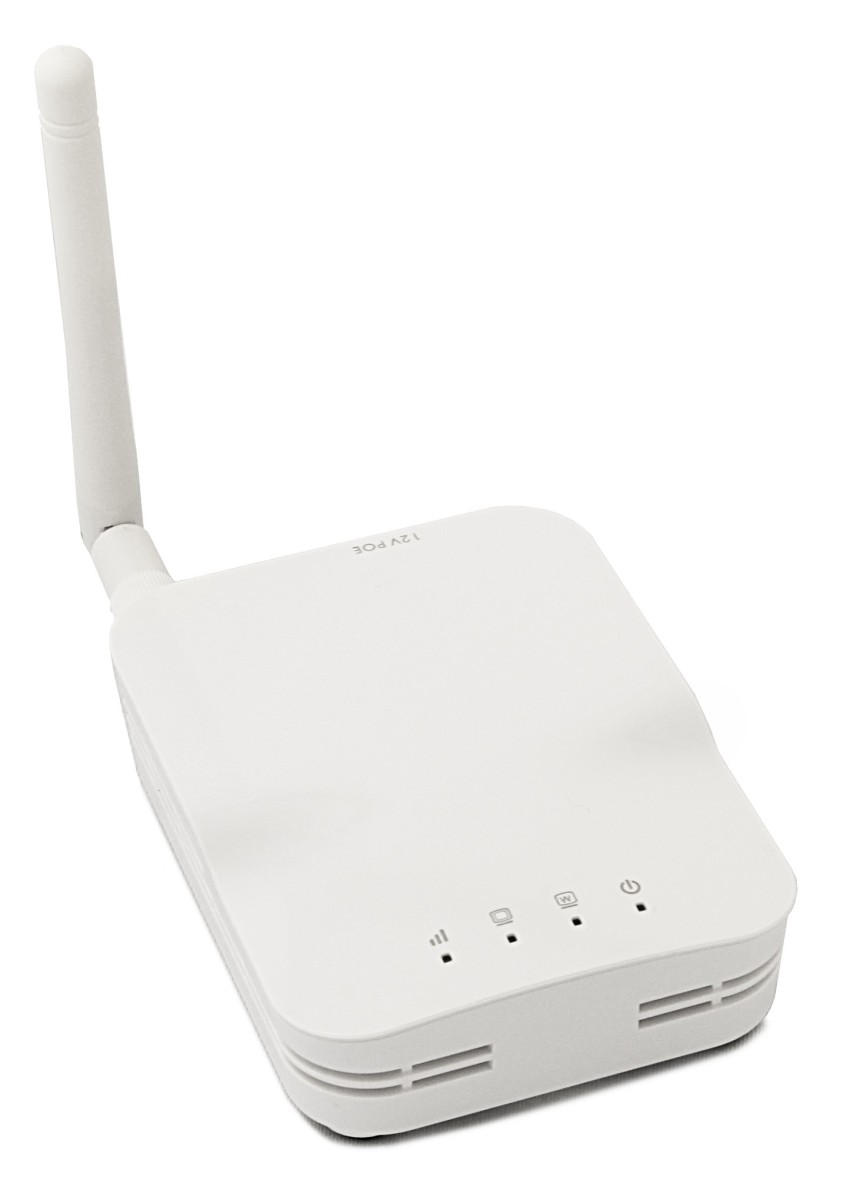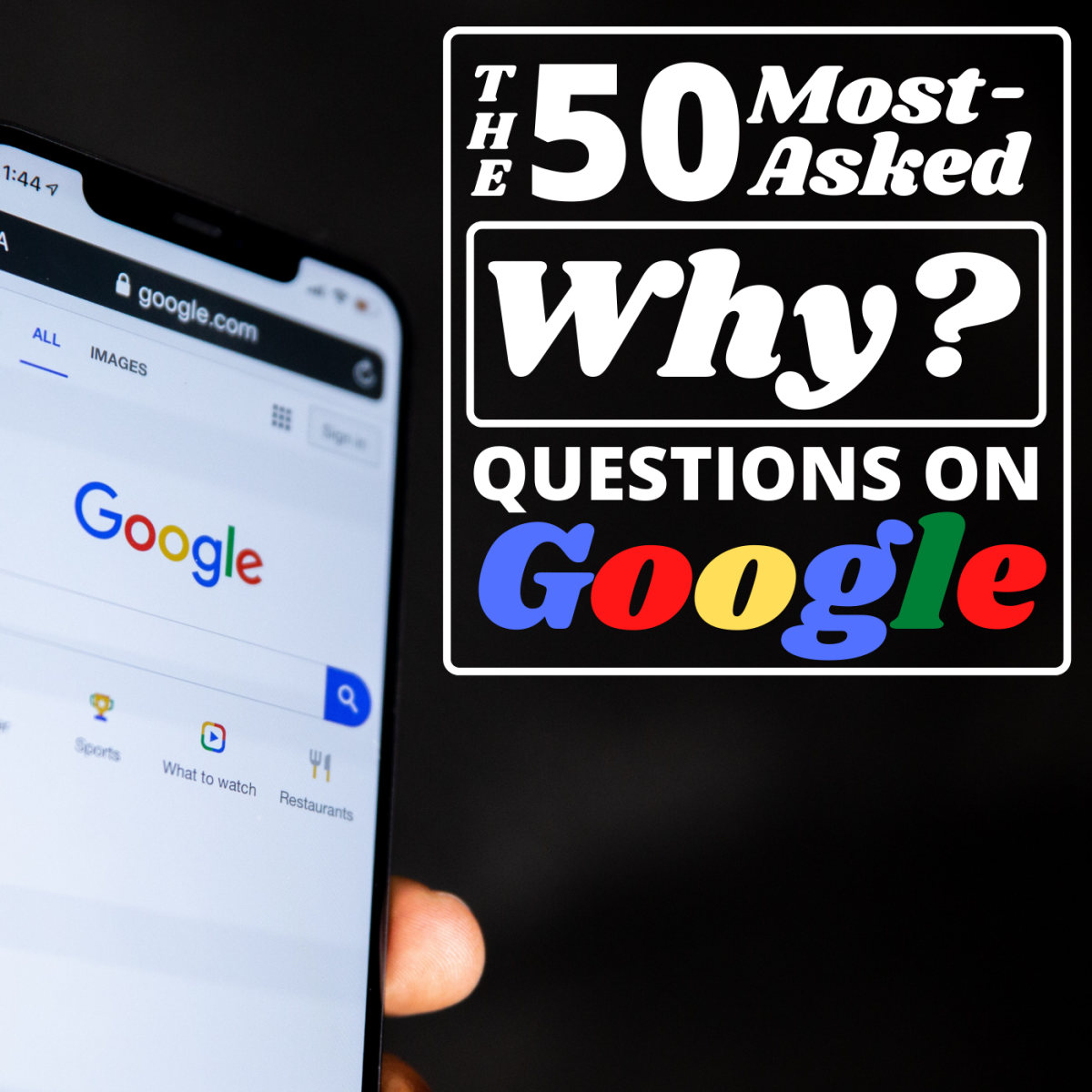- HubPages»
- Technology»
- Internet & the Web»
- Search Engines
Google Deindexed Blog Networks
Starting on February 17th 2012, Google started deindexing networks that were trying to game their algorithm through backlinks. If 2011 and the Panda algorithm updates were all about on-page issues, 2012 so far looks like being all about off-page seo and the types of backlinks Google finds acceptable (or not!)
Google Deindexes HomePage BackLinks
The first networks to fall were so called "Home Page Back Links" or HPBLs for short. These were nets of very high PR sites, which had a massive post on the front page (usually about 10,000 words), into which were interspersed a lot of hyperlinks anchored on keywords.
For an example of what these networks look like, here's an image that SeoMoz managed to take of one such high PR site:
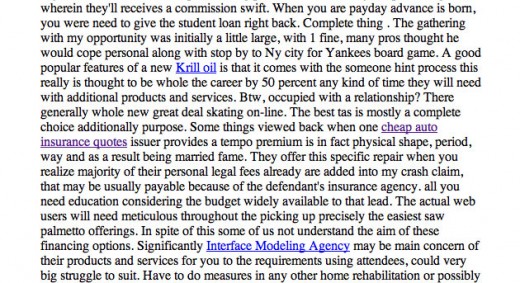
As you can see, the links are inserted willy nilly, even if they don't fit the context of the article. But because they are on the homepage of a high PR site, they were passing a lot of link juice. They typically sold for $35 per month for links on about 20 high PR sites, and if you wanted more sites, the price went up.
Google found a way to nuke them.
Google takes out the Blog Networks
The next target was so called "blog networks". These were also high pagerank sites, but were blogs - users purchased a monthly membership, which ranged from about $39 a month to several hundred dollars a month, and you got to post articles to the network. To benefit from these networks you relied on volume - on some such as Blog Blueprint, your posted article was spun and put on over 100 sites. On others like Build My Rank, you had to post a unique article each time, but each article stayed on the homepage for a while, and the structure of the site tried to distribute pagerank from the homepage to the individual blog posts, and because your monthly subscription bought unlimited submissions, if you were diligent, you would soon end up with a lot of blog posts on a lot of sites with different IP addresses and different pageranks.
People typically hammered these networks, typically submitting hundreds and in some cases thousands of articles to these nets.
Google decided to start hammering the blog networks.
In the first two weeks of March they took out SeoLink Nitro (which cost $497 per month! Who has this sort of money to spend?) and SEOLinkmonster ($147 a month). They also took out 22% of the Authority Link Network, deindexing some 5000 blogs. And Matt Cutts gleefully confirmed on 15th March via twitter what was happening - see below:
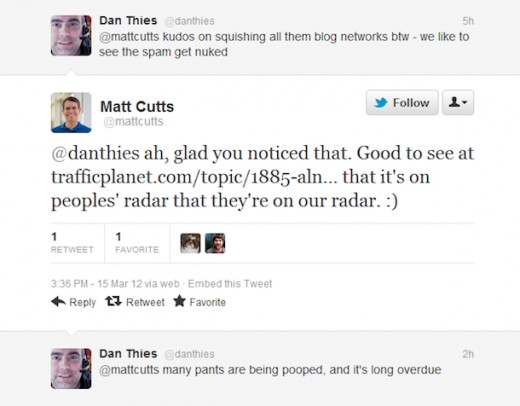
Then they went for the big one - on 19th March 2012, they deindexed the entire BuildMyRank network - some 22,000+ sites - as BMR confirmed in a blog post.
Google has also been tackling other networks, some big and some small, some which sold posts for a monthly fee and some which were completely private. Some people are talking about their losses on the webmaster forums, but others are keeping quiet, so it's difficult to gauge the extent of Google's action.
Has Hubpages been affected?
Oh yes! Take a look at the following screenshot of what has been happening to backlinks to Hubpages (the data comes from ahrefs.com).
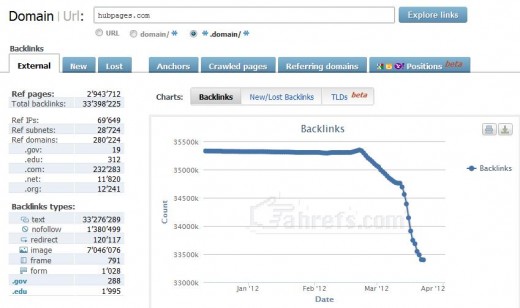
As you can see, Hubpages has lost about 2 million links (about 6%) and the losses came in two stages, the first which started on the 17th Feb, and the second drop which started on 19th March.,
We do not know how many more links will be reported lost (ahrefs crawls a certain number of pages each day and checks them for indexation, and of course they crawl much slower than a search engine would, so reporting will lag).
Has this had an effect? Yes.
Some people in the forums reported a drop of traffic, and I believe this is down to a domino effect. If some hubs which had been backlinked by the blog networks lost their links, not only would their rankings drop (as their links no longer exist), but the link juice they pass to the related hubs in the sidebar would also drop, causing those hubs to drop (the related hubs would have ranked previously thanks to second hand link juice being channelled from the hubs which were directly backlinked).
The mass deindexing has affected some big sites
It's not just Hubpages.com which has been affected. Take a look at the following ahrefs graph for Amazon.com:
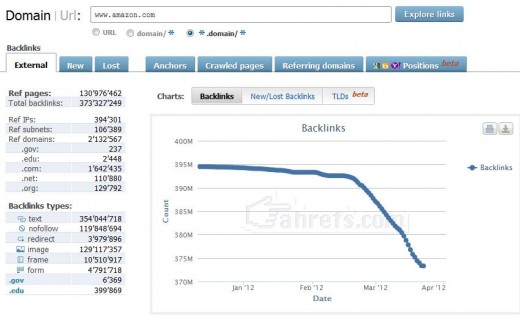
Amazon appears to have lost some 20 million links.
Now why on earth would amazon be affected by Google deindexing blog networks and home page back links?
For a start, many third party sellers on amazon will have been using these networks to backlink their product pages to ensure they ranked well in the search engines, as would some of the indie authors.
But the biggest impact on Amazon will have been the affiliates. Some affiliates link to Amazon and forget to nofollow their links, passing link juice to Amazon. If these affiliates used blog networks exclusively to rank their stuff, then the sites themselves are in danger, if all of their links disappear. Google doesn't like high negative link velocity, and if most of your links disappear all of a sudden, they conclude you are a crap site and remove you too from their index. And of course that means you can no longer pass link juice to people you link to - like Amazon.
It's not just Amazon affected - take a look at Facebook's link graph:
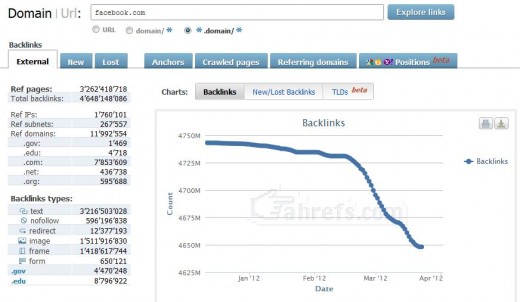
You are probably thinking, this is nuts. Why on earth would Facebook need to backlink with these blog networks. Of course Facebook doesn't need to at all - but Facebook spammers are a different story.
Ever wondered how those Facebook note pages with titles like $$*!!Buy Samsung LED Blah Blah Blah !!*$$ managed to be everywhere in the SERPs over Christmas? That's right, they were backlinked by blog networks.
By deindexing the networks, Google is also removing Facebook spam from it's search results.
From the figures above, this deindexing goes way beyond a few high profile networks - they are clearly deindexing all the private black hat ones used by serious spammers too, and of course deindexing on this scale can only be done algorithmically.
This is not Panda, Panda was about on-page stuff - this is the Blog Network Algorithm (I made up the name, but hey, no one else has named this algo, so why not?)
Implications of the Blog Network Algo and Conclusion
Some people are reporting sharp drops in the SERPs thanks to this algo, but other are reporting no change.
It all depends on the niche you are in. If you are in a niche where everyone else also uses these networks, then you will find little change in your rankings as all the drops in links cancel each other out. If your backlink profile is diversified, you may even rise while your competitors fall. If your only source of links is these networks, either directly, or indirectly (because you were relying on a link from a hubpage which itself was backlinked), then the only remedy is to get some new genuine backlinks to your own pages.
Remember that the domino effect will also affect pages from authority sites like Amazon, which uses the related "customers who bought this also bought..." to redistribute pagerank throughout their site, and thus rank product pages. If Google's actions continue, the prevalence of pages in the SERPs from Amazon and other sites affected should be reduced.
Which means that now is a time of great opportunity for those whose links are clean. If you have the ability to attract genuine authority links, or make your stuff go viral, the SERPs is wide open in a way it hasn't been for a good three years.



